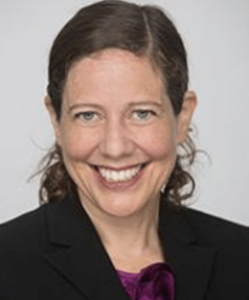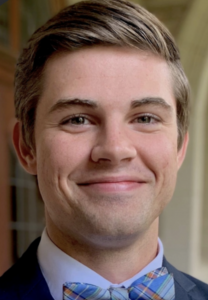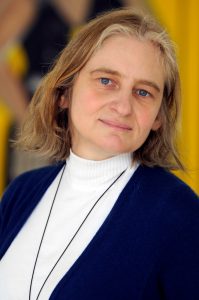Religious Liberty in a Pandemic: Constitutional Challenges to Mass Gathering Bans

The coronavirus pandemic led to an unprecedented shutdown of the United States. To stem the spread of the highly contagious pathogen, much of the country shut down for at least a month in April 2020, with the vast majority of governors ordering people to stay at home as much as possible.
The emergency regulations usually included a ban on large gatherings, such as any in-person gathering of more than ten people. Although some states exempted worship services, others did not. Churches sued, arguing that these bans violated their Free Exercise Clause rights by treating worship services more strictly than analogous activities that were not banned, such as shopping at a supermarket or superstore—allowed as essential services.
This short essay examines these claims, concluding that the constitutionality of the bans turns on the science of how the pathogen spreads, and that the best available scientific evidence supports the mass gathering bans.


